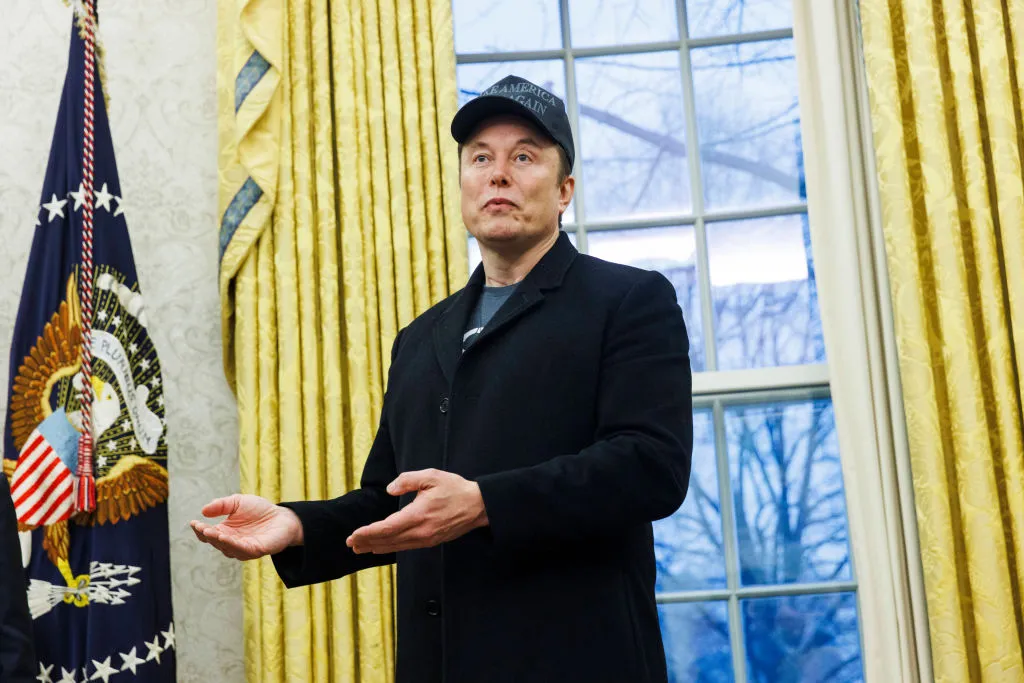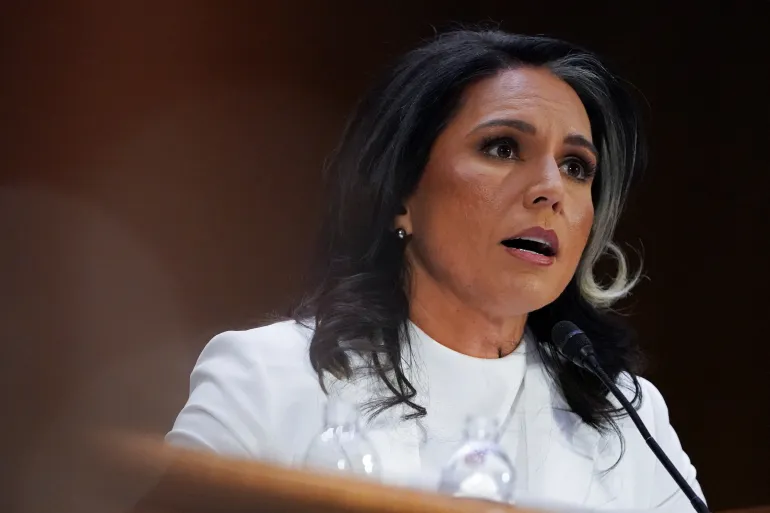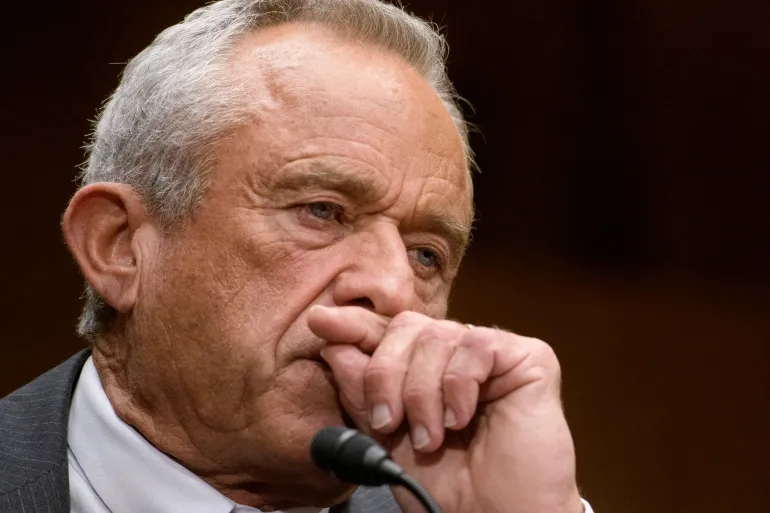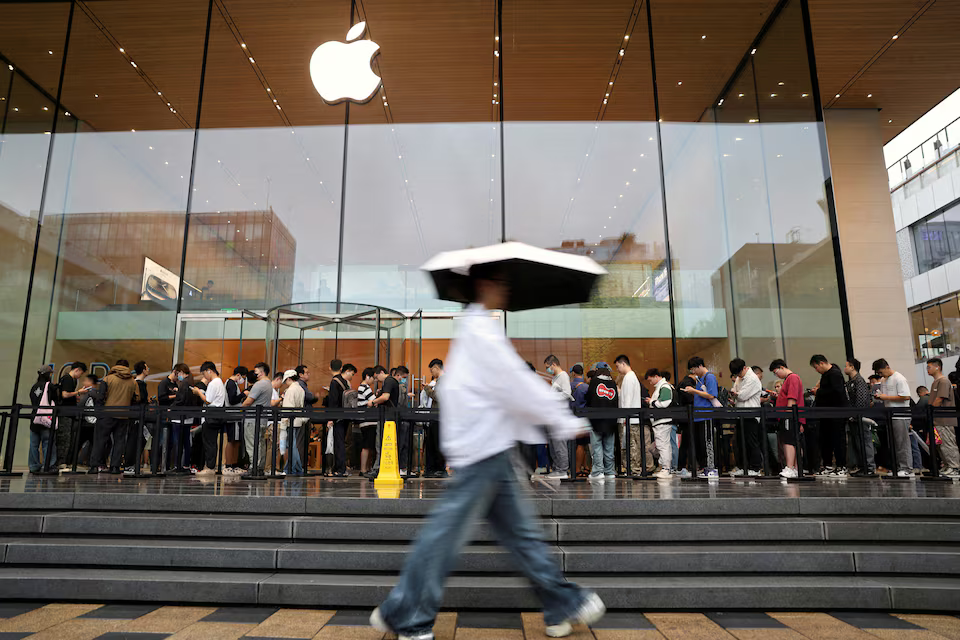Netanyahu Heads to US for Gaza Ceasefire Talks, First Meeting with Trump Since Inauguration
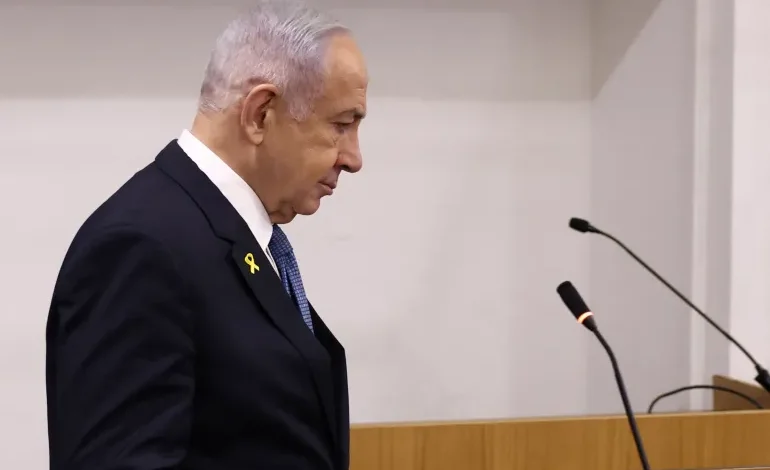
Israeli Prime Minister Benjamin Netanyahu has departed for the United States to engage in crucial discussions regarding the second phase of the ceasefire agreement with Hamas in Gaza, Al Jazeera reports.
The negotiations, slated to begin in Washington, D.C. on Monday, will see Netanyahu meet with President Donald Trump on Tuesday, marking Trump’s first meeting with a foreign leader since assuming office on January 20.
Netanyahu’s office confirmed that preliminary talks will commence with Trump’s Middle East envoy, Steve Witkoff, on Monday, focusing on the terms for the second phase of the truce. This follows the initial phase, which began two weeks ago and involved the release of 33 Israeli captives in exchange for nearly 2,000 Palestinian prisoners. The second phase is expected to tackle the liberation of remaining captives and explore avenues for a more lasting end to the conflict.
The Gaza ceasefire has paused what the Palestinian government has described as a 15-month Israeli genocide in the enclave that tragically killed over 61,000 Palestinians. This figure was recently revised upwards after the inclusion of some 14,000 people who are missing and presumed dead under rubble, adding to the previous estimate of 47,000 fatalities.
Speaking at Tel Aviv airport, Netanyahu emphasized that he and Trump would discuss “victory over Hamas, achieving the release of all our hostages, and dealing with the Iranian terror axis” in the Middle East. He highlighted the significance of being the first foreign leader to meet with Trump, calling it a “testimony to the strength of the Israeli-American alliance.”
However, Netanyahu’s trip to the US is also notable because it comes after the International Criminal Court (ICC) issued an arrest warrant against him in November for alleged war crimes committed in the Gaza Strip. The United States, while not a signatory to the Rome Statute, which established the ICC, has previously praised the court’s decision to issue a warrant against Russian President Vladimir Putin. Some senior US politicians have been vocally critical of the ICC warrant against Netanyahu and former Defense Minister Yoav Gallant, threatening sanctions and blacklisting of top prosecutors.
The commitment of both Trump and Netanyahu to advancing the ceasefire remains uncertain. Netanyahu faces substantial pressure from his far-right government partners to abandon the agreement after the first phase and resume attacks on Gaza.
President Trump has also sent mixed signals. While he has claimed credit for the ceasefire deal signed on January 19th, when questioned on January 20 about his confidence in the truce holding, he admitted, “I’m not confident.” He has also saod that the conflict is “not our war, it’s their war.” Furthermore, he has previously suggested an ethnic “clean out” of Gaza, proposing that Egypt and Jordan take in displaced Palestinians – a proposition that both nations have rejected.
Netanyahu’s early meeting with Trump signifies a break from his strained relationship with the previous US administration, which, despite being Israel’s primary arms supplier, had criticized its war conduct and paused some military shipments. Trump has consistently presented himself as the most pro-Israel president in US history, having appointed senior diplomats who openly endorse far-right Israeli factions and their ambitions to annex the occupied West Bank.
